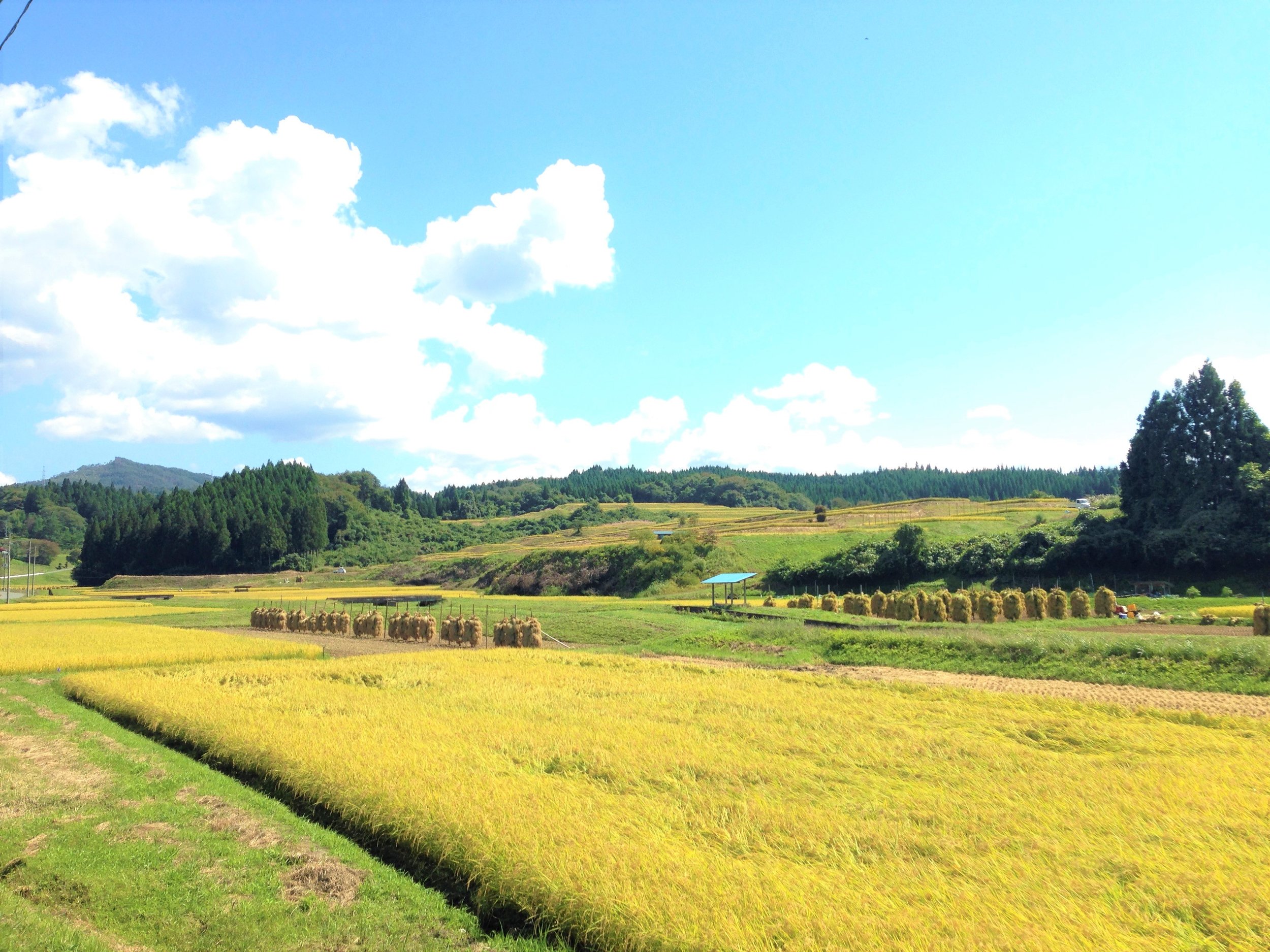What Goes Around: A Look Inside the Circular Society of Fermenstation
On a rice paddy in northern Japan, the stalks bow low, heavy and ready for harvest. A seemingly plain sight, but here, it marks a revival.
Since the 1960s, Japan’s rice consumption has shrunk by more than half — a trend that, as of 2022, has left 1.3 million acres of otherwise productive paddies to dry in its wake. So why has the rice returned now to this once-withered land? The answer can be found only a ways off, in the circular society of Fermenstation.
When Lina Sakai Watanabe first visited the town of Ōshū – a city in the northeast prefecture of Iwate, Japan – a flame was lit. Fueled by her burgeoning interest in renewable energy, that small flame would swell, soon becoming the ethos of Fermenstation and the company’s central goal: to utilize and repurpose the abundance of waste on this planet.
“We want to be a station where resources are transformed into something useful through fermentation technology.
We also believe that through fermentation, things will be transformed into something good and better. Fermenstation aspires to be such a terminal of good.”
- Lina Sakai Watanabe
Fifteen years have passed since the company’s outset, and their journey towards a renewable world moves full steam ahead. At Fermenstation’s lab in Ōshū, the focus is twofold: distillation and fermentation. Both, the result of scrupulous R&D, allow them to adapt previously wasted rice for cosmetic-grade application. The former process creates rice ethanol —a component found in everyday goods like room spray and hand sanitizer— while the latter yields a fermented mash called rice moromi. This ferment can then be sold as animal feed or refined and incorporated into a number of organic beauty products. Fermenstation uses it as the foundation for their facial soap, where it plays a key role in promoting collagen synthesis, smoothing uneven texture, and moisturizing the skin.
But its utility doesn’t end there. The portion of rice moromi sold to local farms is critical to the growth of their livestock. It’s the secret to delicious free-range eggs, and the power behind the manure used to fertilize Fermenstation’s own fields, beginning the cycle anew. This is the “circular society” that Lina envisioned over a decade ago: an economy sustained by that which was once discarded.
Each year, Fermenstation’s circle widens to encompass goals far beyond the fields of Ōshū. One such milestone was marked in 2022 upon the receipt of their first ever B Corp certification, an accolade held only by businesses with an unwavering commitment to their community, employees, and the environment at large. For Lina, this is an invaluable benchmark — a way to objectively verify her team’s place in the world of sustainable industry.
And yet, it’s only the beginning. The renewable future that Lina describes is not met through the efforts of her enterprise alone. To one day cross the finish line will require a persisting cycle of hard work, education, innovation, and — more than anything else — a society inspired to keep it all going.


